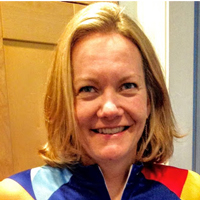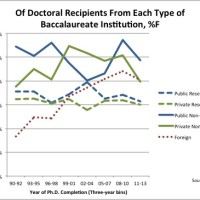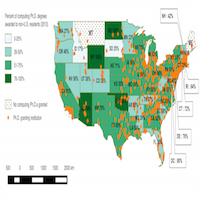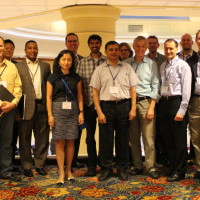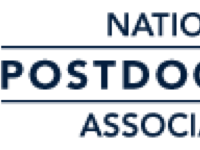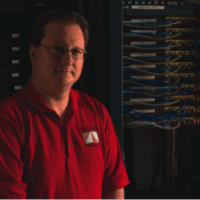Congress Avoids Shutdown; Boehner Quits; Budget Still Unsettled
A last-minute agreement hammered out September 30th, just hours before the start of the new Federal fiscal year, between the House and Senate averted a government shutdown at least through mid-December. But the agreement spelled the end of Rep. John Boehner’s (R-OH) term as Speaker, as he announced his resignation — citing the difficulties of working with an increasingly fractured GOP — from both the Speakership and his seat in Congress, effective October 30th. While the move quiets debate temporarily about the final budgets for Federal agencies, including Federal science agencies in FY 2016, and keeps them open, it casts very little light about how funding will ultimately be resolved by the Congress.


